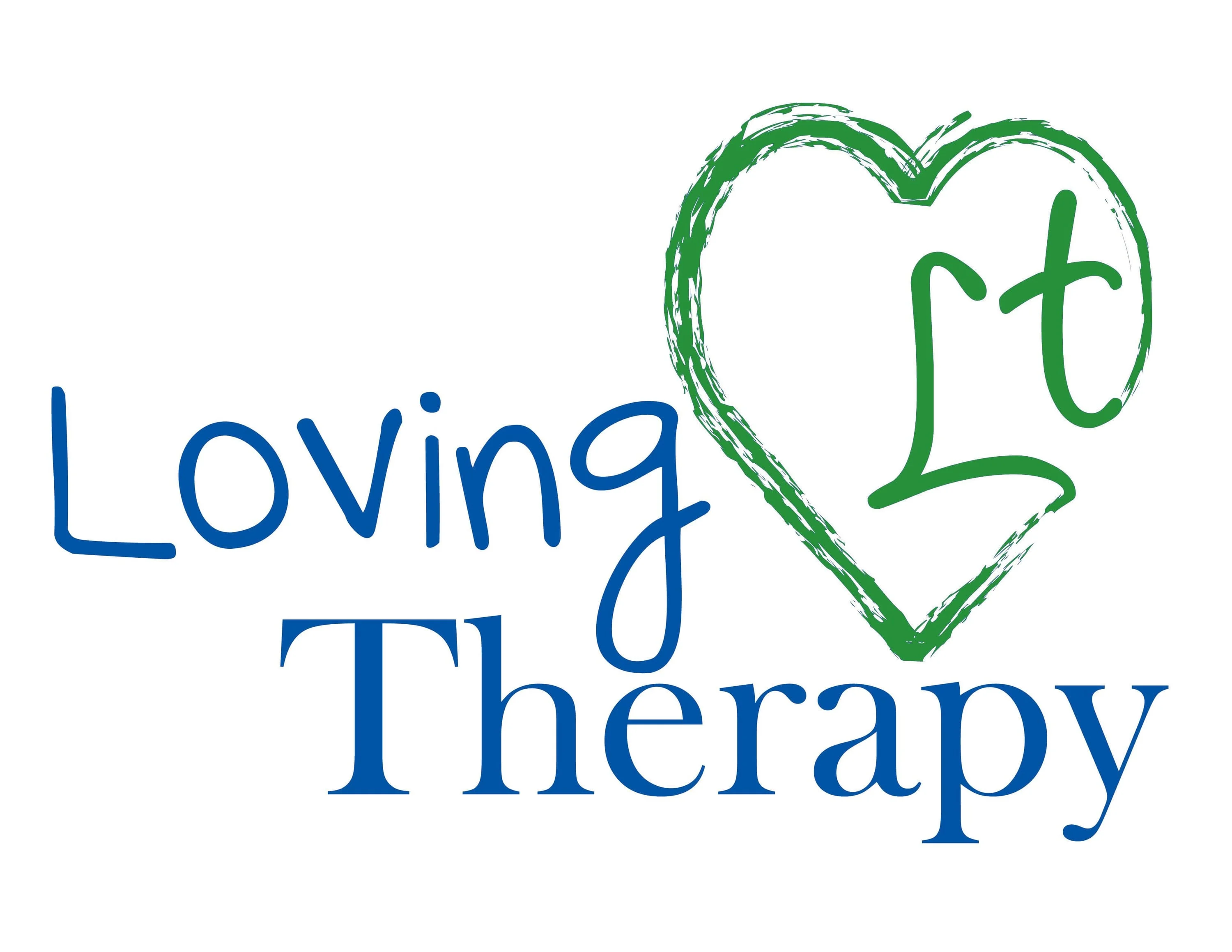Play Therapy In Gainesville, FL

Play is an Inalienable Right of Childhood

Can you imagine what our lives would be like, what kind of miserable and unintelligible people we would have become if we had not been allowed to play and use our imagination? Such ideas have been explored in novels like ”Hard Times” by Charles Dickens, where utilitarianism, only math, fact, and what is useful was part of the philosophy of education. Circus and play were motifs used to display the opposite of fact, fancy, and to highlight this suppressive utilitarian mechanization of the children’s lives. Fancy has an important place in life and in a philosophy of education and the United Nations has deemed play so important as to forbid it being suppressed in the human soul. It is a human right and it is children’s ‘work’ to play.
Why use Play in Therapy?
A growing number of noted mental health professionals have observed that play is as important to human happiness and wellbeing as love and work (Schaefer, 1993). Some of the greatest thinkers of all time, including Aristotle and Plato, have reflected on why play is so fundamental in our lives. How can we discover ourselves better than through play?” According to the psychologists Freud and Jung, play is a way of accessing the unconscious, where the intuitions reside.

What does a philosophy and psychology of play have to do with it?
Freud also called psychoanalysis in essence a cure through love and the importance of love also undergirds the therapeutic value of play. As an aside, his daughter Anna was the first to use any type of what the mental health community began to call 'play therapy' with children while their parent(s) were in the same building for psychotherapy. Noted philosophers have recognized the primary importance of the intuitions of the heart in understanding of science, philosophy, ontology (the nature of being), metaphysics (the nature of reality), and epistemology (the nature of knowing). We must not only educate the mind but also the heart must have a place in education and does despite any efforts or attestations to the contrary. Blaise Pascal is one such philosopher.
Pascal was a mathematician and philosopher, a famous and genius one at that, recognized by the likes of Friedrich Neitzsche. From his heart and mind came genius ideas such as on the one hand the discovery of theories like “Pascal’s Triangle” and on the other the invention of the ‘bus’ (from Latin ‘omnius’ meaning ‘everywhere’) as a charity to help those less fortunate to travel and benefit from the community. Some of the greatest inventions have come not from reasoned study, but out of intuition such as Isaac Newton when he watched an apple fall and suddenly connected its motion as being caused by the same gravitational force that controlled the moon’s attraction to the earth. Another example would be Frederich Kekule’s discovery of the structure of Benzine which he dreamt as a snake being coiled in a circle biting its tail. This discovery opened the way to many theories of organic chemistry.
Play is the highest form of research.–Albert Einstein
Pascal noted in his philosophy that the intuitions of the heart are essential even in math when it comes to basic concepts in geometry and science such as space and time, which are intuitive rather than reasonable. They are also what lead him to knowledge of his own depravity and inability to understand both the monstrous evil in man and the glory and dignity.

“Play is a way for us to strengthen those trust muscles, to get in touch with our intuitions and to love. “
If not to understand ourselves better and to process our own experience as human beings, what is counseling for? Pascal was a mathematician and worked on ‘probability theory’. He applied this also to his understanding of man, and worked out a more ‘reasonable’ reason to his skepticism about life. He found we can never really be certain of anything. We cannot escape ‘probability,’ ‘doubt’, and ‘trust’ even in science, let alone in relationships. He laid out his famous ‘Pascal’s Wager’ in regards to the Christian faith and understanding of man. In his view the only way we can ever be certain of anything is through faith and love. We can base our faith on sound empirical and reasoned arguments, but there is always room for skepticism and doubt. Play is a way for us to strengthen those trust muscles, to get in touch with our intuitions and to love.
Long before Pascal, Socrates held in high value the Delphic maxim, “Know thyself.” He said the unexamined life is not worth living (The Apology, 38A). “And what do you suppose a man must know to know himself, his own name merely? Or must he consider what sort of creature he is …(Xenophon, Mem. iv, 2, 24).”

The Swiss psychologist Piaget explained that play bridges the gap between concrete experience and abstract thought and it is this symbolic function of play that is so important (Landreth, p.11). Piaget shaped much of cognitive theory, including its relationship to socialization. In the 1920s Piaget observed children reasoning and understanding differently, depending on their age. He proposed that all children progress through a series of cognitive stages of development, just as they progress through a series of physical stages of development. According to his theory, until around adolescence the brain still needs concrete objects to make rational judgments. His theories undergird the use of play with children. Along with other research about the emotional brain and the philosopher Pascal’s theory about how we know and understand reality using our heart and intuition, use of play can be helpful for therapy with adults as well, but especially children. Play Therapy Can Help Children with Problems Such as: - Aggression and Anger, ADHD, Depression and Anxiety, Grief, Self-Esteem, Trauma, Social Skills, Neglect, Sexual Abuse, Divorce, Domestic Violence, problems at home or school, etc. If you are interested in play therapy contact Rachel here.
Landreth, Garry L. (2002) Play Therapy: The Art of Relationship. Second Edition.
Schaefer, C. E. (1993). The therapeutic power of play. Northvale, NJ: Jason Aronson, Inc Rachel Hofer is not a play therapist but does use play therapy techniques and toys in therapy with children and adults, has attended play therapy trainings,and gives talks about play therapy.
See more of Rachel’s articleshere.
